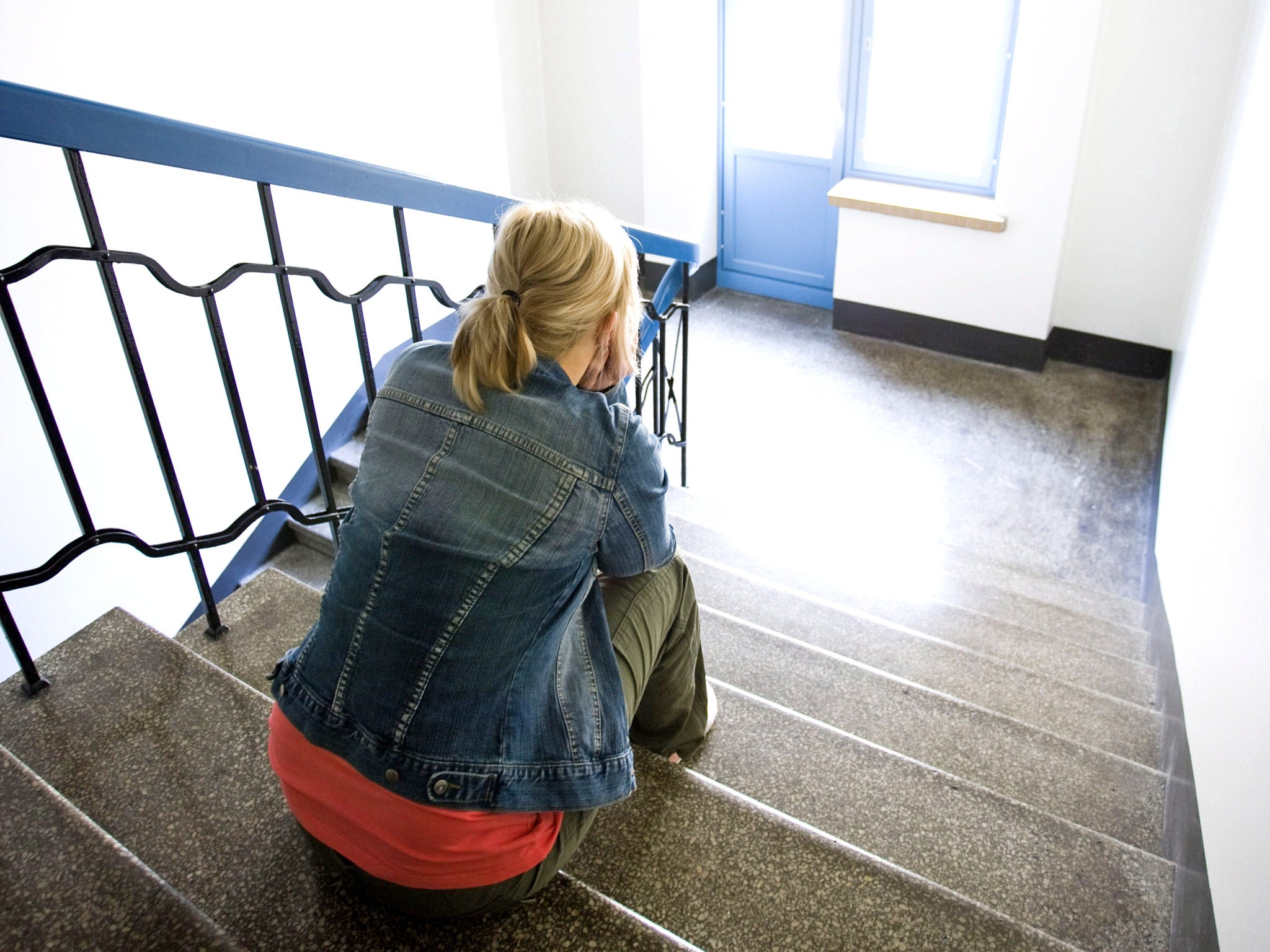Thousands of young people ‘cannot cope with everyday life’

A sobering report into the emotional wellbeing of Britain’s young people has revealed that poverty, joblessness and narrowing life chances have left one in 10 16 to 25-year-olds feeling they cannot cope with day-to-day life.
The figure doubles when it comes to “NEETs” – young people not in training, education or employment – and those who fail to get five A* to C grades at GCSE.
The report by the Prince’s Trust, based on interviews with 2,136 16 to 25-year-olds, also shows how nearly half of NEETs admit to feeling depressed “always” or “often”.
Youth unemployment, which currently stands at 945,000, is predicted to rise again this year if the economy returns to negative growth. The study will revive fears that a “lost generation” of young people who left education during the recession will become stuck in a “downward spiral” of joblessness, debt and depression.
Martina Milburn, chief executive of the Prince’s Trust, said: “A frightening number of unemployed young people feel unable to cope – and it is particularly tough for those who don’t have a support network in place.
“We know at the Prince’s Trust that it is often those from the most vulnerable backgrounds who end up furthest from the jobs market.
“Life can become a demoralising downward spiral – from a challenging childhood to a jobless adult.”
The survey also revealed that 22 per cent of young people felt they had no one to talk to about their problems.
Crystal Kinch, now aged 28, from Southampton has a story typical of thousands of young people in the UK. She admits that, whilst at school, she had been out of control, getting involved in drug-taking, heavy drinking and truancy.
Crystal became a mother at the age of 16 and by the age of 22, found herself unemployed for 18 months with two children to look after on her own. She now has three children.
“It was extremely difficult to get by sometimes, and I had added pressure because I had two children to look after as well.
“It was also quite demoralising as every time I applied for a job, I would just get turned down. I had limited money and got myself into a bit of debt. I felt completely hopeless.”
She added, “I left school at 16 with no qualifications – I didn’t get even get a GCSE in maths or English.”
Crystal is now happily married and has a full-time job with the Handy Trust working with young people and using her own experiences to help others. Through the Prince’s Trust, she studied for a diploma in youth work.
“I had a really tough time trying to find work, so I know what it’s like for many young people out there at the moment,” she said.
“With the right support we can help get these lives on track,” Ms Milburn said. “The Trust provides a range of personal development programmes, pre-apprenticeship schemes and mentoring for young people.”
Last month, the Institute of Public Policy Research predicted that youth unemployment could once again pass the one million mark. Joblessness among 16 to 24-year-olds hit records levels in late 2011 and the situation has only improved marginally since.
Join our commenting forum
Join thought-provoking conversations, follow other Independent readers and see their replies
Comments
Bookmark popover
Removed from bookmarks